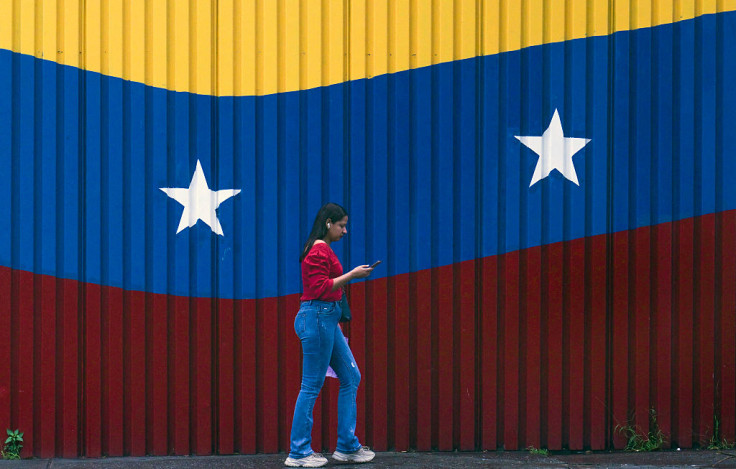
Venezuelan intelligence officers are surveilling family members of people killed at sea by U.S. strikes against alleged drug vessels, according to a new report.
Citing people affected, Reuters noted that Bolivarian National Intelligence Service agents told them not to post about their loved ones' deaths on social media. The bodies have not been retrieved and families have not been able to hold funerals for them.
They added that they are not aware about any investigations related to the killings. Washington has not released details about the people targeted either.
Residents of the town of Guiria said the number of security personnel from different agencies has increased since mid-September, when strikes against the vessels increased.
"They pass through the same areas many times, at all hours. Before, they weren't so persistent, now they're everywhere all the time," a community leader told the outlet.
Another town resident said patrols include civilians loyal to the Maduro regime, known as "collectives," or colectivos. "They're all organized by the government - civilians and police go together supervising the streets," the person said.
Another report noted that despite everything, several smugglers in the region continue to be willing to transport drugs given the large payouts, which can amount to $100,000 for pilots.
The Wall Street Journal interviewed three people involved in such runs, detailing that cargoes can be worth as much as $70 million. They are usually moved through 40-foot-long boats powered by oversize outboard engines.
Given the hefty payout, some are taking the jobs despite the risk of being blown up. Crews are now looking for any advantages, including sailing at night or during rough weather.
Law enforcement officials explained that many of the pilots started out as fishermen and then transitioned into smuggling. Crews usually include a pilot, a mechanic, a guarantor and sometimes a navigator.
"These drug organizations live from trafficking. They will continue to do this. This doesn't end. This will continue even if the United States continues its bombings," one pilot told the WSJ.
Considering speed is of the essence, the crews sometimes sail for more than 24 hours straight to take drugs from Colombia to Honduras or Mexico. In other cases they drop the bundles along with GPS markers in the ocean so another crew later retrieves them. They can also meet at a determined location and conduct the handover.
A crew member who received $10,000 for a successful run said the threat from U.S. forces scares him, but he is willing to go again for more money. "If they put 13,000 in front of me, I'll go."
© 2025 Latin Times. All rights reserved. Do not reproduce without permission.




